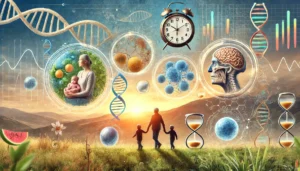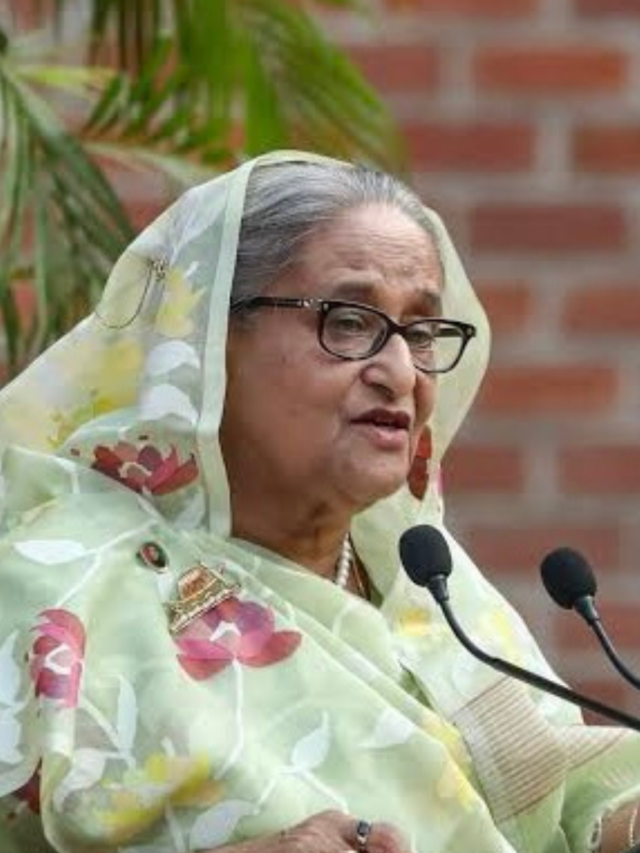No products in the cart.
Fertility is the most precious gift form evolution. The relationship between fertility and lifespan has long intrigued scientists. In this article we delve into the latest findings and biological mechanisms linking high fertility with potentially shorter lifespans.
Biological Investment in Reproduction
Energy Allocation
Reproduction requires significant energy and resources, often impacting overall health and longevity. The body’s prioritization of reproductive processes may detract from maintenance and repair mechanisms, influencing lifespan.
Evolutionary Trade-offs
Fertility vs. Longevity
Evolutionary theories suggest trade-offs between reproduction and lifespan. High reproductive rates may accelerate aging due to increased metabolic demands and physiological stress. According to the University of Michigan study, genetic mutations promoting reproduction tend to shorten lifespan, supporting the theory of antagonistic pleiotropy where genes beneficial early in life can have detrimental effects later on (ScienceDaily) (University of Michigan News).
Hormonal Influences
Estrogen and Progesterone
Hormones like estrogen and progesterone regulate ability to reproduce and affect aging. While estrogen benefits cardiovascular health, its fluctuating levels during reproductive years can impact long-term well-being.
Oxidative Stress
Increased reproductive activity elevates oxidative stress, leading to cellular damage and accelerated aging. The body’s antioxidant defenses might be insufficient to counteract these effects.
Genetic Factors
Telomere Shortening
Telomeres, the protective caps on chromosomes, shorten with each cell division. Frequent reproduction can hasten telomere shortening, contributing to cellular aging and age-related diseases (Springer).
Genetic Predispositions
Genes involved in DNA repair and maintenance influence both fertility and longevity. Genetic predispositions can create complex interactions between reproductive success and lifespan.
Socioeconomic and Environmental Influences

Generated by DALL-E- (AI)
Healthcare and Nutrition
Access to healthcare and nutrition significantly affects reproduction and longevity. Populations with better healthcare tend to have lower fertility rates and longer lifespans, highlighting the role of external factors.
Lifestyle Choices
Diet, physical activity, and stress management influence both reproduction and aging. Healthy lifestyles can mitigate the negative effects of high reproductive activity on longevity.
Implications for Public Health
Family Planning Policies
Understanding the fertility-longevity relationship has implications for family planning and health policies. Promoting balanced reproductive choices and overall health can lead to longer, healthier lives.
Future Research Directions
Ongoing research aims to uncover more about the mechanisms linking reproductive ability and aging. Advances in genetics, reproductive biology, and aging research will provide further insights into this relationship (Phys.org).
Conclusion: Striking a Balance
The interplay between reproductivity and longevity is complex, involving biological, genetic, and environmental factors. While high fertility might be associated with shorter lifespans, a balanced approach to reproductive health and overall well-being can optimize both. Understanding these dynamics can lead to better health outcomes and more informed life choices.
Further Reading:
- Researchers uncover mechanism that links NAD+ to fertility problems
- Anti-ageing molecule boosts fertility in ageing mice
- Genetic mutations that promote reproduction tend to shorten human lifespan
Continue Reading:







1 comment